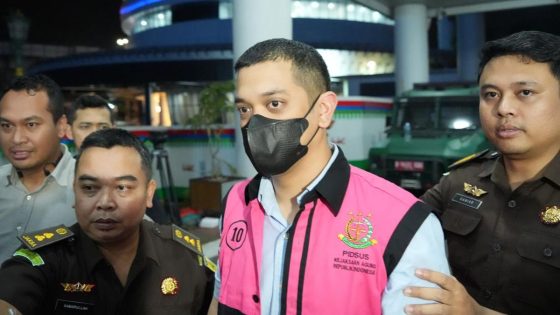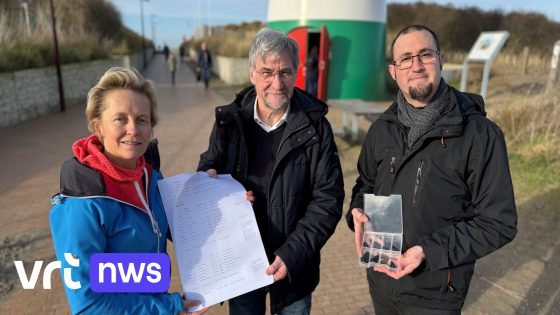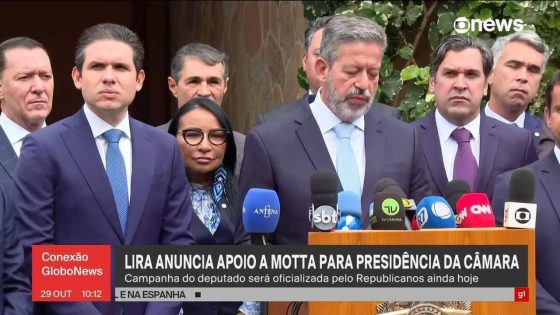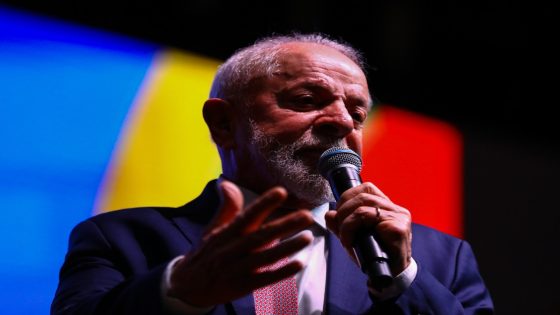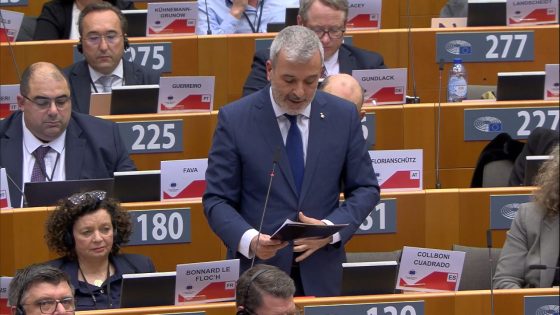On February 26, 2025, the Indonesian Attorney General’s Office revealed significant findings in a corruption case involving oil imports. Muhammad Kerry Andrianto Riza, son of oil tycoon Mohammad Riza Chalid, is accused of profiting from illegal practices in Pertamina’s oil procurement. How does this impact the industry and the economy?
- Muhammad Kerry Andrianto Riza implicated in corruption
- Seven suspects involved in oil procurement case
- Estimated state losses of Rp193.7 trillion
- Legal violations under anti-corruption laws
- Fraudulent practices in oil import processes
- Marked-up shipping contracts for illegal profits
Corruption in Indonesia‘s Oil Sector: A Growing Concern for Investors
What does this corruption scandal mean for Indonesia’s oil industry? The recent allegations against MKAR and others highlight serious governance issues. Investors are likely to be wary of potential risks in a market where corruption appears rampant.
Key Players in the Pertamina Corruption Case
The investigation has identified multiple key players involved in the alleged corruption scheme. These individuals include high-ranking officials from Pertamina and associated companies, raising questions about accountability and oversight.
Understanding the Allegations Against MKAR and Associates
The allegations against MKAR and his associates involve a series of illegal activities related to oil imports. The key points include:
- Manipulation of procurement processes for oil imports.
- Collusion with brokers to inflate prices.
- Losses to the state estimated at Rp193.7 trillion.
- Involvement of several high-ranking officials in the scheme.
The Economic Impact of Corruption in the Oil Industry
Corruption in the oil sector has far-reaching implications for Indonesia’s economy. It not only leads to significant financial losses but also undermines public trust in government institutions. This situation could hinder foreign investments and economic growth.
Future Outlook: Can Indonesia Combat Corruption?
Addressing corruption in the oil industry is crucial for Indonesia’s future. Strengthening regulatory frameworks and increasing transparency can help restore confidence among investors. Will the government take the necessary steps to combat these issues effectively?
In conclusion, the ongoing investigation into MKAR and others reveals deep-rooted corruption in Indonesia’s oil sector. This case serves as a wake-up call for both the government and investors to prioritize transparency and accountability.



